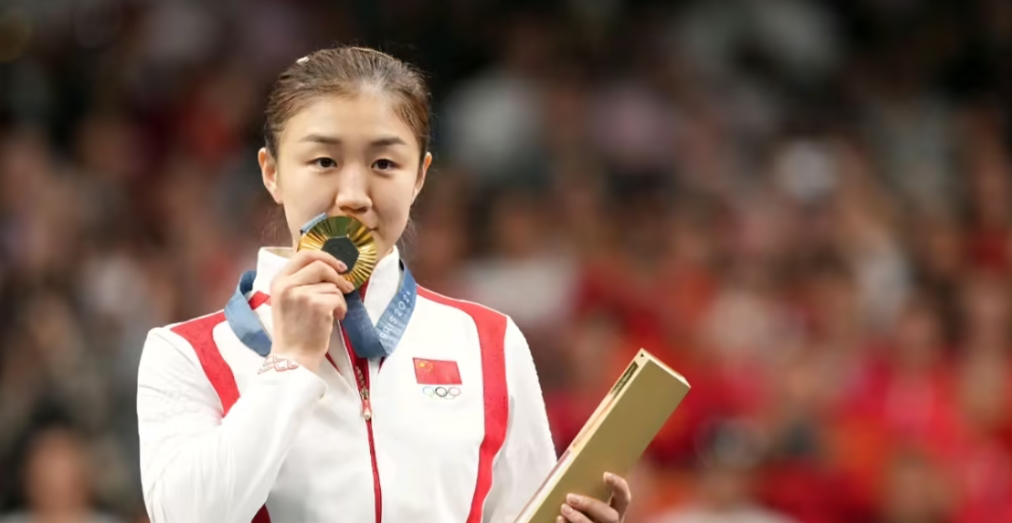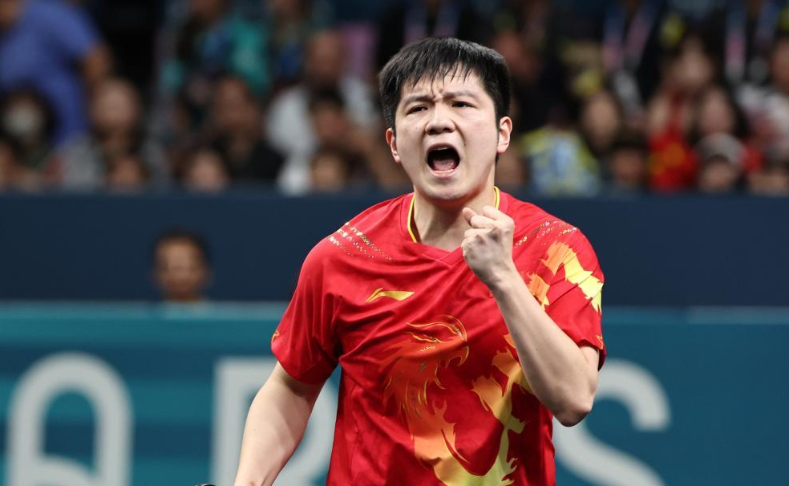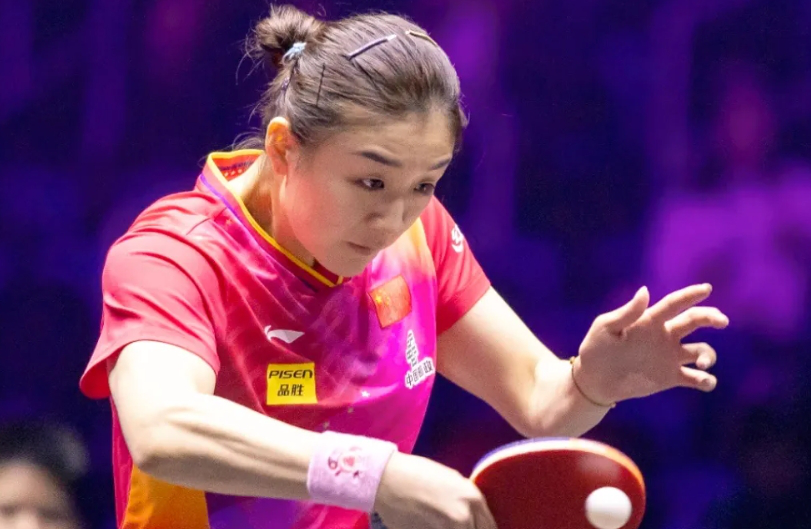Recently, the world of table tennis has been buzzing with a particularly interesting phenomenon. Two players, Fan Zhendong and Chen Meng, who have withdrawn from the world rankings, took center stage in the WTT's year-end review. This situation is quite intriguing.
The WTT organization appears particularly conflicted in dealing with Fan Zhendong and Chen Meng. Despite their withdrawal from the world ranking system, WTT still placed them at the end of the year-end review, which is quite unconventional. Traditionally, it should be the world number one, Wang Chuqin and Sun Yingsha, who take the final spot.
This arrangement reveals a subtle message. WTT's decision is not impulsive but well-thought-out. They must have realized the weight of the Olympic champion title in terms of commercial value.
From a business perspective, this decision is indeed wise. The influence of an Olympic champion often lasts longer than that of the world number one, especially in terms of public recognition. Ordinary viewers may not remember who is number one in the world, but the title of Olympic champion leaves a lasting impression.

WTT's recent series of moves seem urgent. They have released five pieces of good news in a row, aiming to bring Fan Zhendong and Chen Meng back, exposing their anxiety.
Currently, the prize money for WTT's Grand Slam events has started to drop, with a decrease of twenty percent last year. Losing these two high-value players could worsen the situation.
After withdrawing from the world rankings, Fan Zhendong and Chen Meng's commercial value has not only remained unaffected but also secured several major endorsements, indicating a significant trend.
This situation makes WTT realize a harsh reality: they may need this commercial influence more than the athletes, given the fierce competition in the sports market.

As the chairman of WTT, Liu Guoliang's recent stance is quite interesting. He openly admitted flaws in the competition system and proposed exemptions for veteran players, a rare change in attitude.
Three major organizations have even established a working group to handle this issue, showing a level of importance rarely seen before, indicating their awareness of the severity of the problem.
The sports market is no longer just about competition; commercial value plays an increasingly significant role, possibly forcing systems to change.
This change reflects a trend where athletes' voices are rising. They are no longer just competitors but have gained more autonomy.

From this event, traditional sports management models may need adjustments. We cannot view issues with old perspectives, especially in terms of commercialization.
Athletes' commercial value now depends less on results and rankings; their personal influence and commercial appeal may be more important.
This change also serves as a wake-up call for other sports projects. Balancing interests during commercialization is indeed a profound question worth considering.
For organizations like WTT, they may need to rethink their positioning and direction. Relying solely on rules is no longer effective.